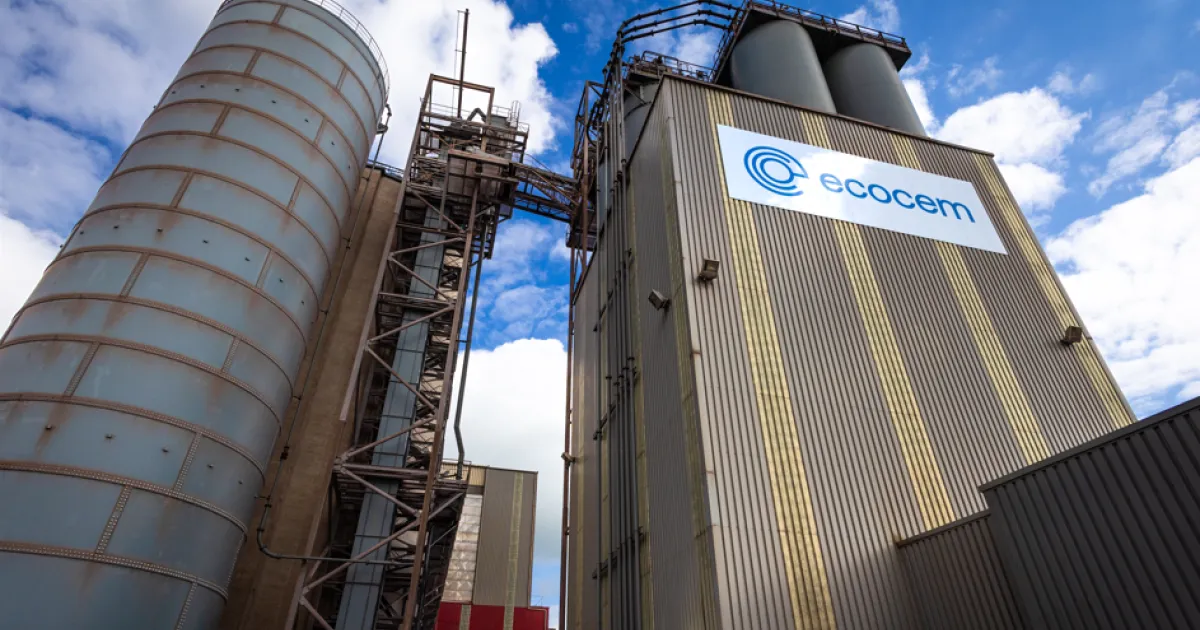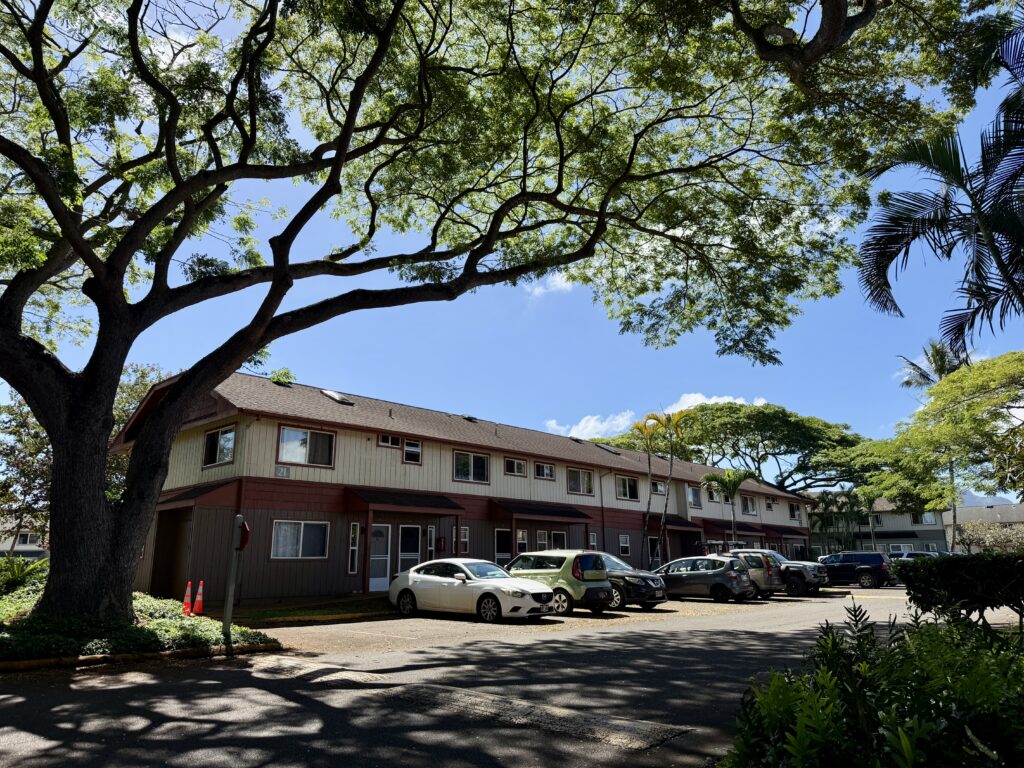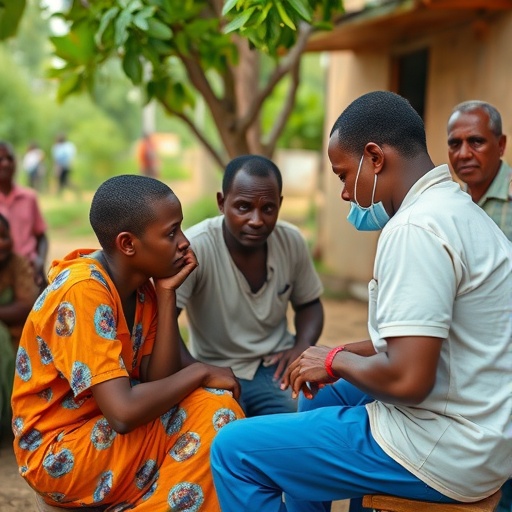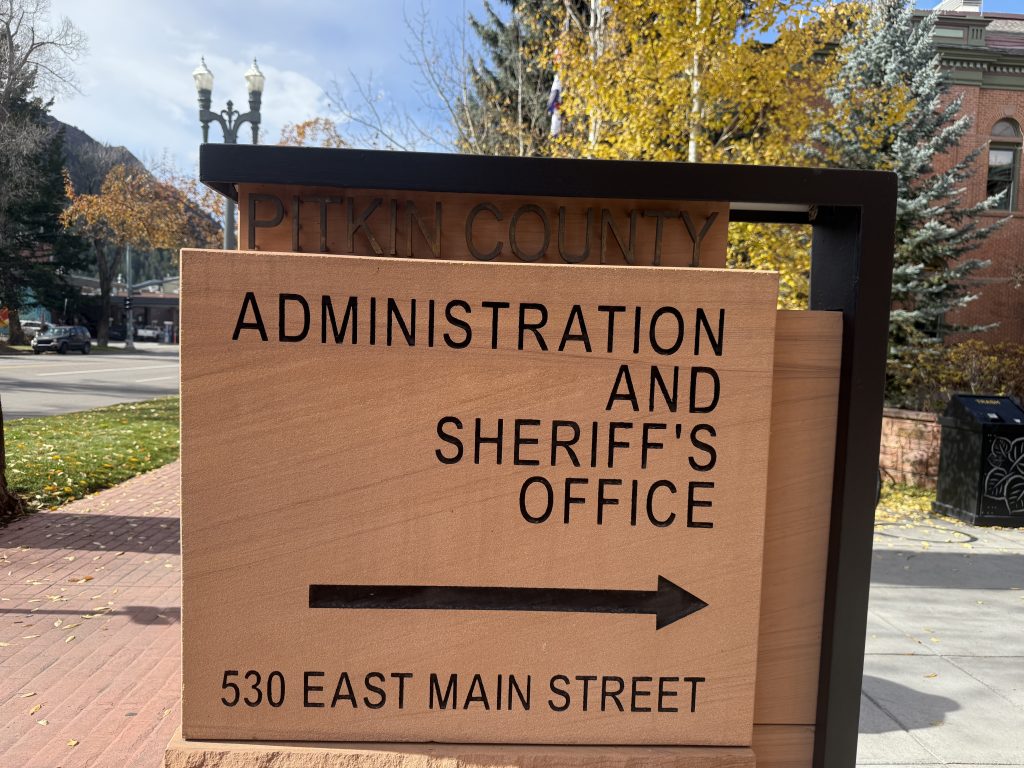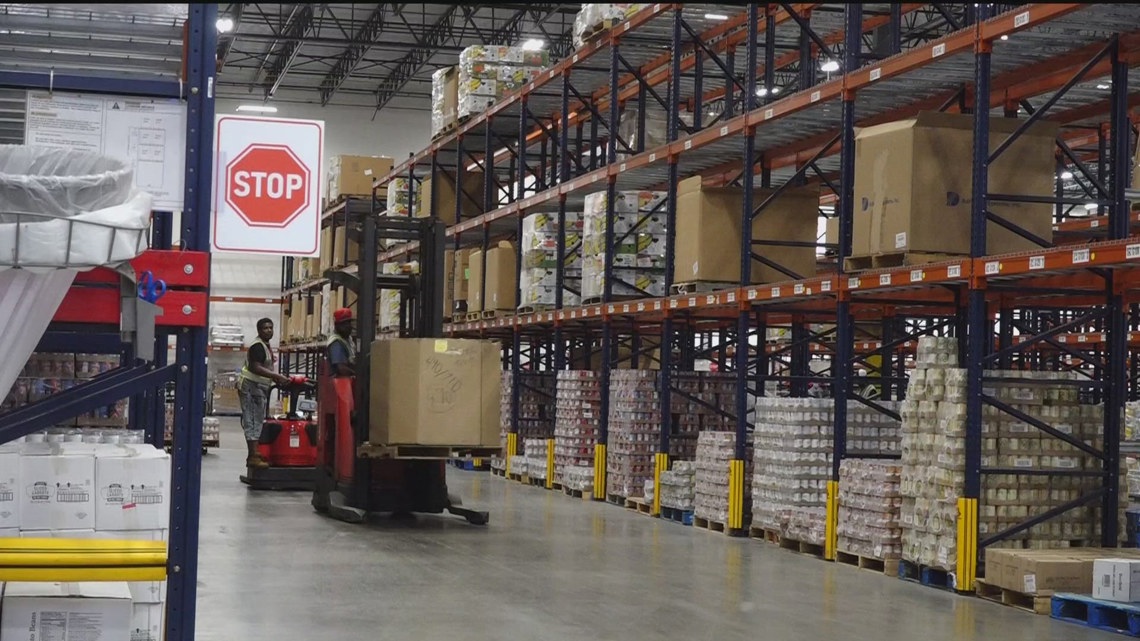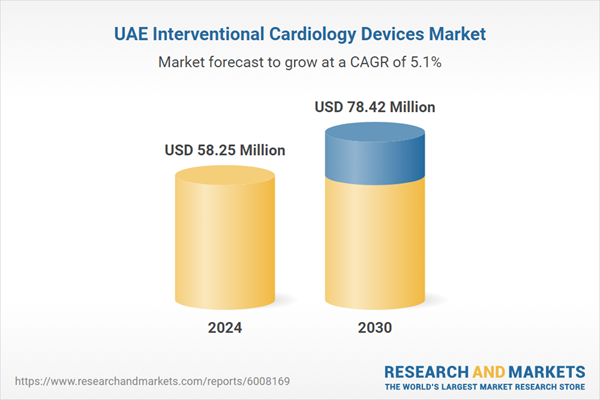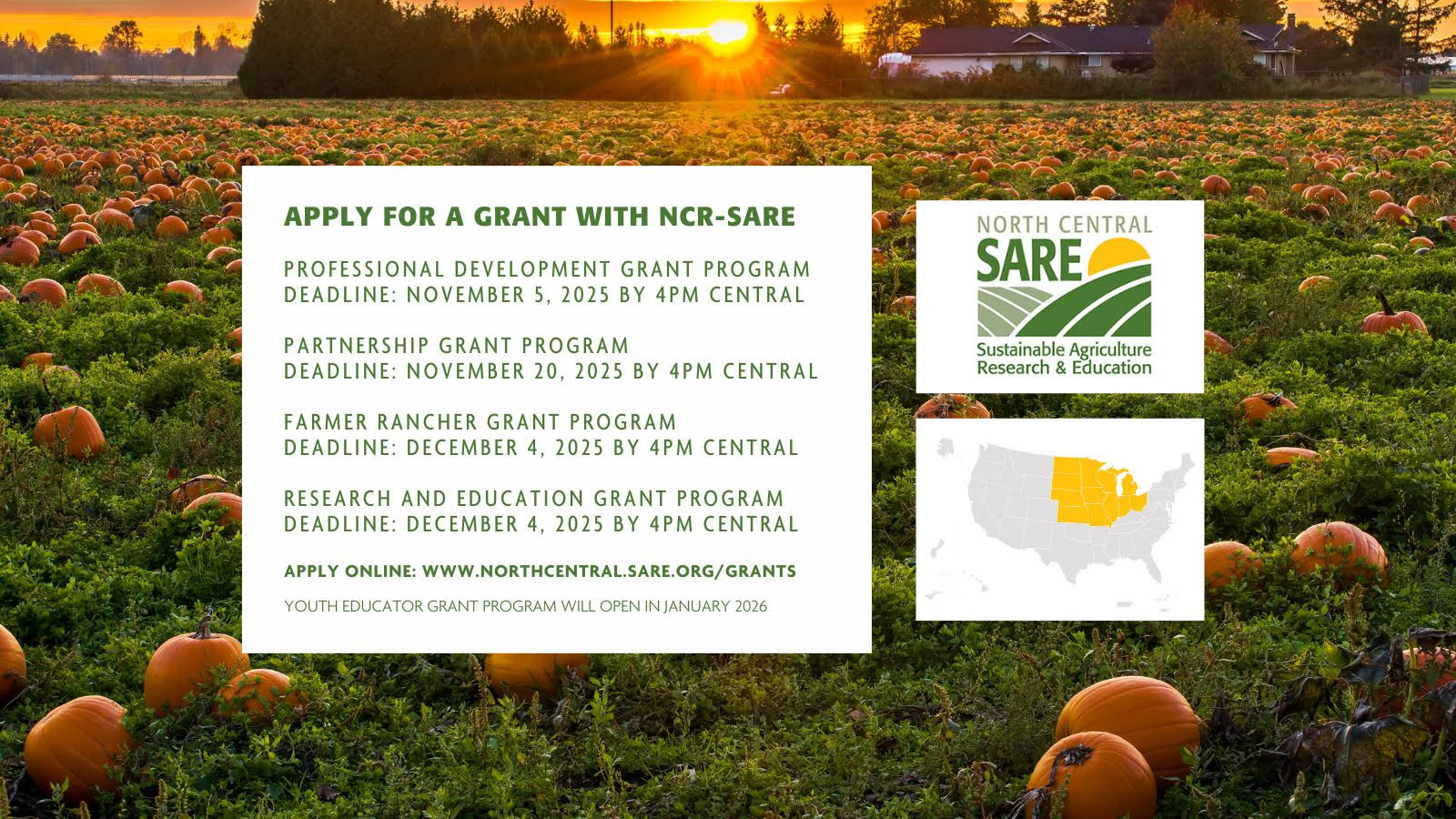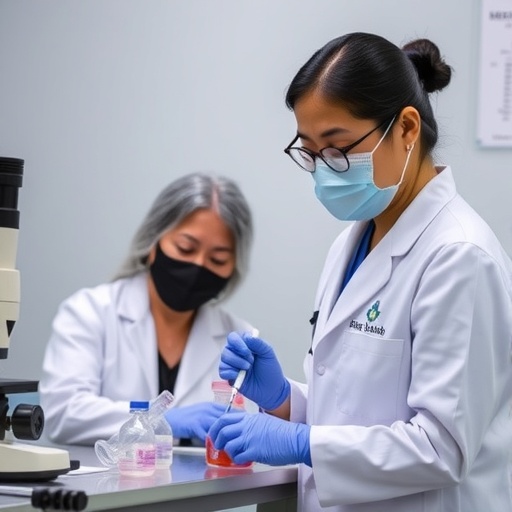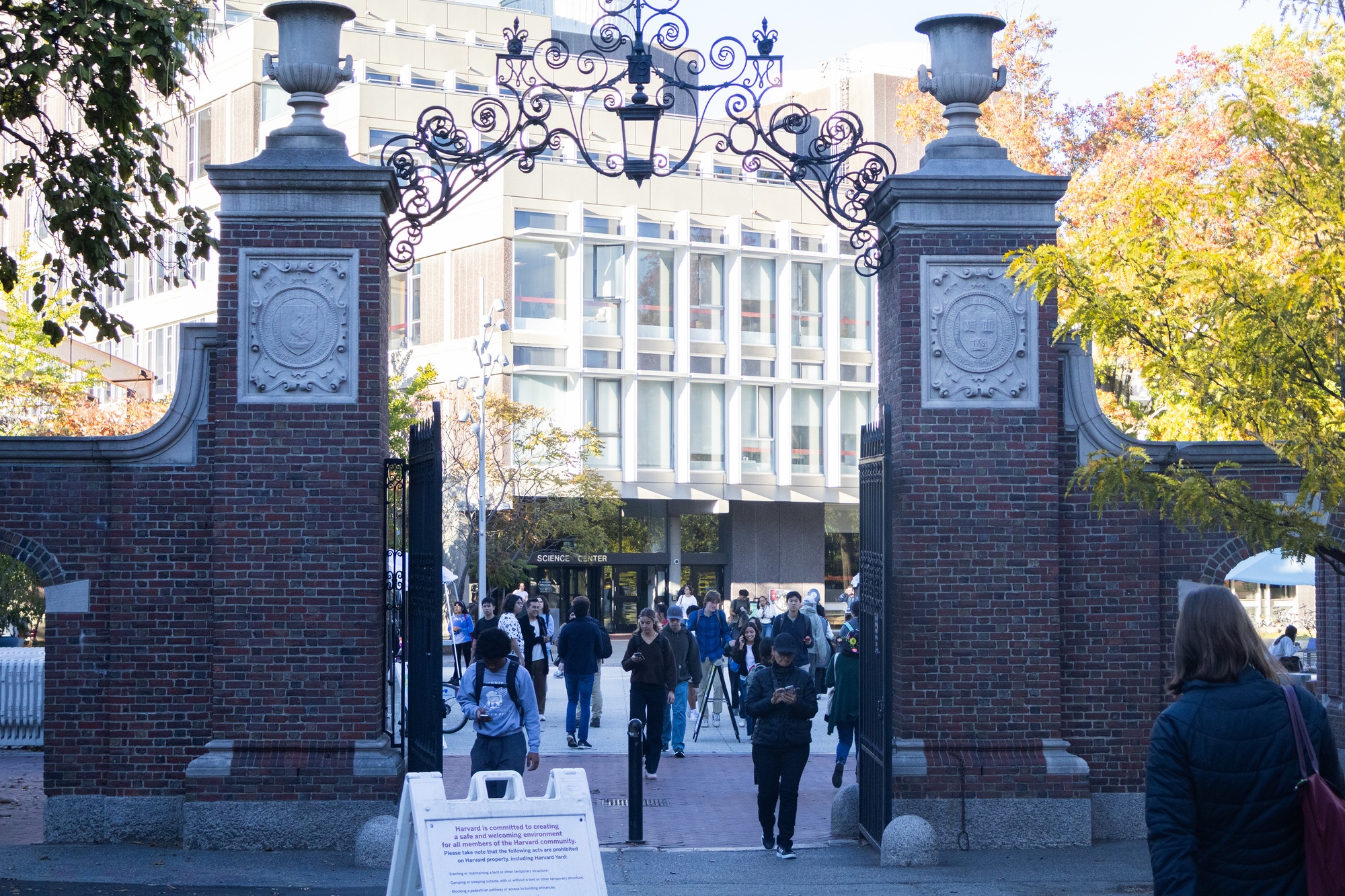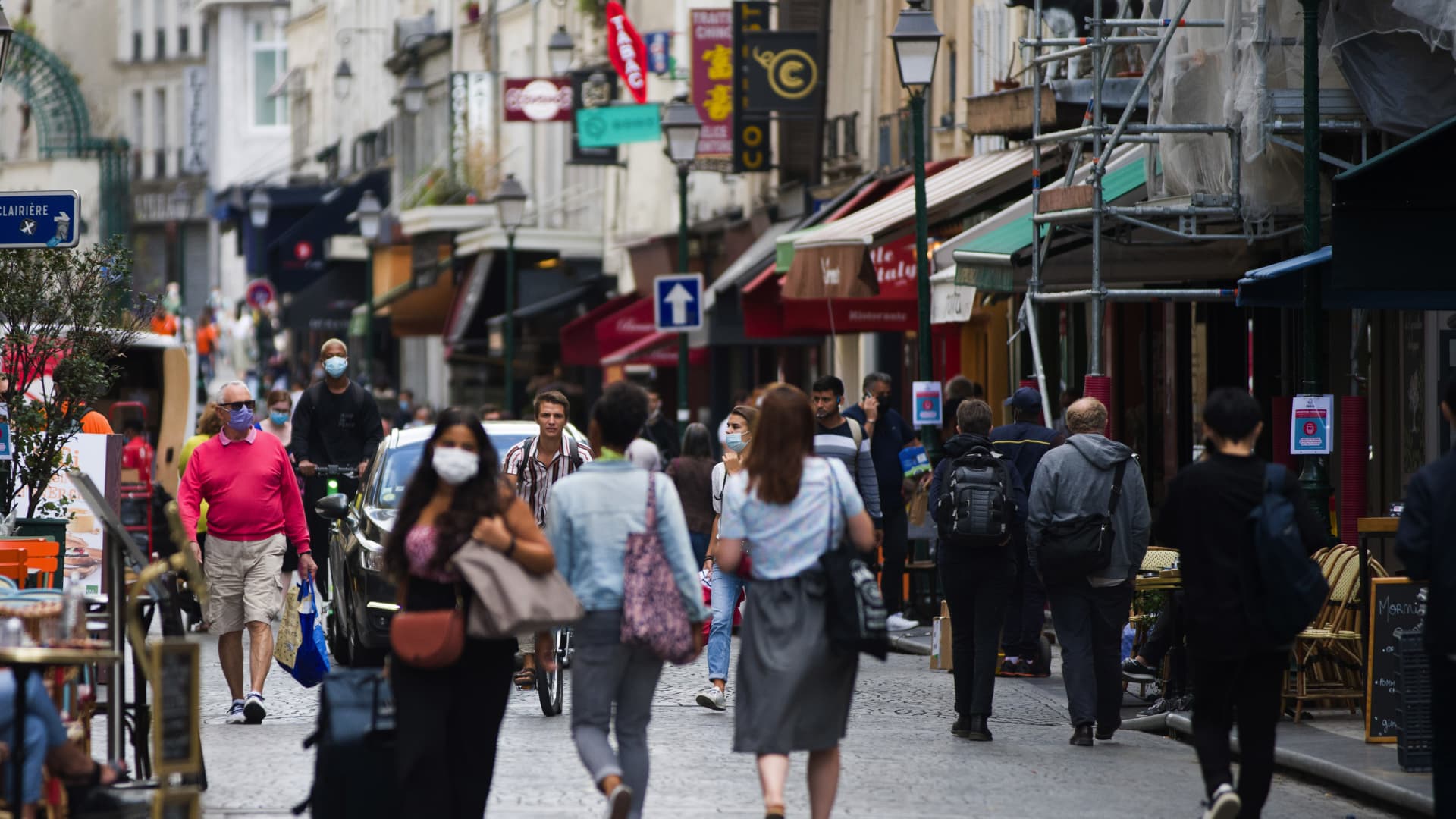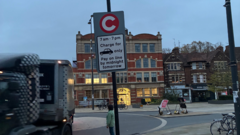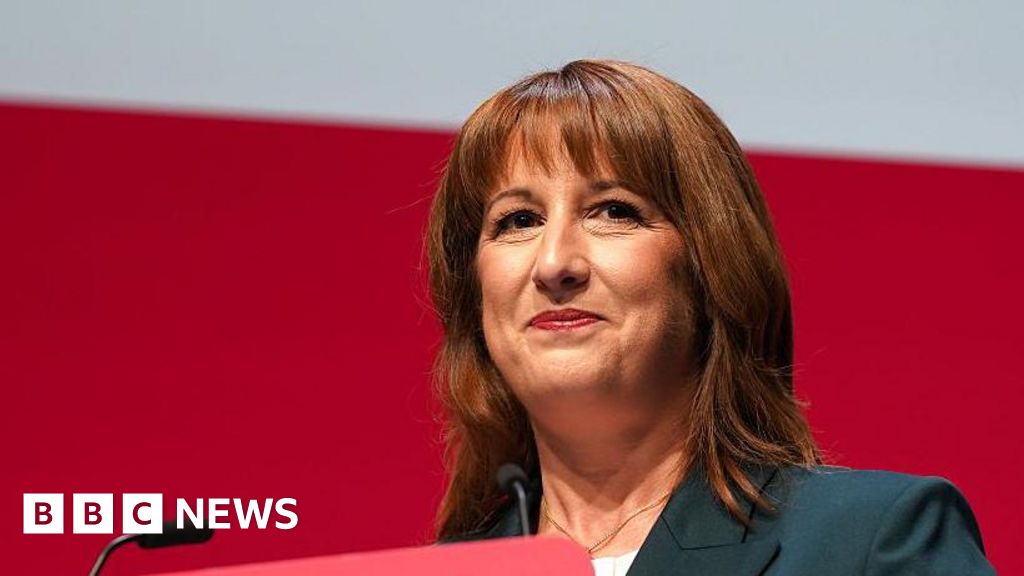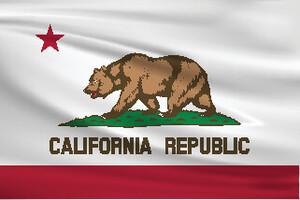Bishop of Newcastle visits Northumbria to tackle questions on the social economy – Northumbria University

Report on the North East Social Economy Roundtable
Fostering Inclusive Growth Through Multi-Stakeholder Collaboration
A roundtable discussion was recently convened at Northumbria University’s Newcastle Business School to address the critical issue of driving inclusive growth within the North East’s social economy. The event brought together key figures from academia, the Church, and social enterprises to explore collaborative strategies aligned with the United Nations Sustainable Development Goals (SDGs). The primary objective was to examine how mission-led organisations can enhance public benefit and contribute to a more equitable and sustainable regional economy, directly supporting SDG 8 (Decent Work and Economic Growth) and SDG 10 (Reduced Inequalities).
Advancing the Sustainable Development Goals in the North East
The discussion centred on creating a robust framework for the social economy to flourish, with significant emphasis placed on actionable strategies that align with global sustainability targets.
Key Participants and a Partnership for the Goals (SDG 17)
The event exemplified SDG 17 (Partnerships for the Goals) by assembling a diverse group of stakeholders committed to regional development. Participants included:
- The Right Reverend Dr Helen-Ann Hartley: Bishop of Newcastle and lead bishop in the House of Lords for economics and business. Her involvement bridges regional initiatives with national policy-making.
- Dr Michael Price: Senior Lecturer in Entrepreneurship at Northumbria University, whose research highlights the role of faith and spirituality in social enterprise development.
- Richard Adams OBE: Visiting Professor in Social Entrepreneurship and founder of fair trade organisations, whose work directly contributes to SDG 12 (Responsible Consumption and Production).
- Andy Redfern: Founder and Director of Green Heart Collective, a community interest company.
- Peter Holder: Founder and Director of Microsite, a business supporting initiatives aligned with SDG 11 (Sustainable Cities and Communities) and SDG 15 (Life on Land) through sustainable forestry and urban greening projects.
- John Abbott and Bhawna Sarin: Northumbria University doctoral candidates.
Strategic Focus Areas for Regional Sustainability
The roundtable identified several core areas for action to bolster the social economy and advance the SDGs in the region.
- Promoting Inclusive Economic Models (SDG 8 & SDG 10): The dialogue explored how social enterprises, co-operatives, and community businesses are essential for creating decent work, fostering entrepreneurship, and reducing economic disparities across the North East.
- Leveraging Faith-Based Networks for Social Impact: Dr. Price’s research on the role of faith in social enterprise was a key topic. It was noted that faith-based initiatives often provide the foundational values and community trust necessary to address complex social challenges, contributing to social cohesion under SDG 16 (Peace, Justice and Strong Institutions).
- Informing National Policy: A crucial outcome was the commitment by Bishop Helen-Ann to utilize the research-based narratives and insights from the discussion to inform her work in the House of Lords. This ensures that the unique challenges and opportunities of the North East are represented in national policy debates concerning the social economy.
- Fostering Sustainable Business Practices (SDG 11, 12, 15): The contributions of practitioners like Richard Adams OBE and Peter Holder highlighted the tangible impact of social enterprises on environmental sustainability, from promoting fair trade supply chains to enhancing urban green spaces.
Conclusion: A Commitment to Sustainable Regional Transformation
The roundtable underscored the vital importance of collaboration between academia, faith institutions, and social enterprises in building a resilient and inclusive social economy. Northumbria University’s leadership in facilitating this dialogue demonstrates a profound commitment to its role as an anchor institution dedicated to regional transformation. The insights generated will inform ongoing efforts to create a supportive ecosystem for social enterprises, helping the North East to not only address pressing local issues but also to make a significant contribution towards achieving the Sustainable Development Goals.
Analysis of Sustainable Development Goals (SDGs) in the Article
1. Which SDGs are addressed or connected to the issues highlighted in the article?
-
SDG 8: Decent Work and Economic Growth
- The article focuses on “driving inclusive growth in the North East social economy.” It discusses supporting “social enterprises, co-ops, mutuals, employee-owned and community businesses,” which are alternative business models aimed at creating a “healthy, socially responsive economy” and providing public benefit rather than just profit. The mention of “fair trade organisations” further reinforces the connection to sustainable and ethical economic practices.
-
SDG 10: Reduced Inequalities
- The event’s purpose is to address the “unique challenges we face in the North East region” and to support communities. The article highlights efforts to “make the North East voice heard” in national policy discussions, with the Bishop acting as a “voice for our region” in the House of Lords. This directly relates to reducing regional inequalities and promoting social inclusion and mobility.
-
SDG 11: Sustainable Cities and Communities
- The article mentions practitioners involved in the roundtable, including Peter Holder, whose business supports “sustainable forestry, urban greening, and community-driven projects.” These activities are central to making communities and urban areas more sustainable, inclusive, and environmentally sound.
-
SDG 17: Partnerships for the Goals
- The entire article is a testament to this goal. It describes a multi-stakeholder collaboration—a “roundtable discussion”—that brings together academia (Northumbria University), religious institutions (Bishop of Newcastle), policymakers (Bishop’s role in the House of Lords and APPG), and civil society/business practitioners (social entrepreneurs). The stated goal is to “work together for public benefit” and “strengthen the region’s social economy.”
2. What specific targets under those SDGs can be identified based on the article’s content?
-
Target 8.3: Promote development-oriented policies that support productive activities, decent job creation, entrepreneurship, creativity and innovation, and encourage the formalization and growth of micro-, small- and medium-sized enterprises, including through access to financial services.
- The article’s focus on supporting “diverse mission-led business models, such as social enterprises, co-ops, mutuals, employee-owned and community businesses” directly aligns with this target. The discussion aims to find ways to “enable growth” for these types of enterprises, which contribute to a more inclusive economy.
-
Target 10.2: By 2030, empower and promote the social, economic and political inclusion of all, irrespective of age, sex, disability, race, ethnicity, origin, religion or economic or other status.
- The initiative aims to drive “inclusive growth” specifically for the “North East region,” addressing its “unique challenges.” The effort to have the region’s voice heard in the House of Lords is a clear example of promoting political inclusion to address economic and social disparities.
-
Target 11.7: By 2030, provide universal access to safe, inclusive and accessible, green and public spaces, in particular for women and children, older persons and persons with disabilities.
- The mention of a business supporting “urban greening” directly contributes to this target by aiming to increase green public spaces within communities, which enhances the quality of life and environmental sustainability of urban areas.
-
Target 17.17: Encourage and promote effective public, public-private and civil society partnerships, building on the experience and resourcing strategies of partnerships.
- The roundtable event itself is a “public-private and civil society partnership.” It involves a university (public/private), the Church (civil society), and social enterprises (private/civil society) collaborating to inform policy and practice. The article emphasizes that “by working together,” they can “make a real difference.”
3. Are there any indicators mentioned or implied in the article that can be used to measure progress towards the identified targets?
-
For Target 8.3:
- The article implies progress can be measured by the **number and growth of social enterprises, co-ops, and community businesses** in the North East. The mention of “successful faith-based social enterprises” suggests that the success and sustainability of these organizations are key metrics.
-
For Target 10.2:
- An implied indicator is the **level of influence and representation of the North East region in national policymaking**, as exemplified by the Bishop’s role in the House of Lords. Progress would be seen in “changes to policy and practice” that help the region’s social economy flourish.
-
For Target 11.7:
- A direct indicator is the **implementation of “urban greening” and “community-driven projects.”** Progress could be measured by the number of such projects initiated or the area of land converted to green space as a result of the work of businesses like Microsite.
-
For Target 17.17:
- The primary indicator is the **existence and effectiveness of multi-stakeholder collaborations**. The roundtable is a specific example. The Bishop’s expressed desire for “further opportunities to engage” indicates an intention to continue and strengthen these partnerships, which can be tracked as a measure of progress.
4. Table of SDGs, Targets, and Indicators
| SDGs | Targets | Indicators |
|---|---|---|
| SDG 8: Decent Work and Economic Growth | 8.3: Promote development-oriented policies that support entrepreneurship and the growth of small- and medium-sized enterprises. | The number, growth, and long-term sustainability of social enterprises, co-ops, and community businesses in the region. |
| SDG 10: Reduced Inequalities | 10.2: Empower and promote the social, economic and political inclusion of all. | The level of political representation and influence of the North East region in national policy; implementation of policies that address regional social issues. |
| SDG 11: Sustainable Cities and Communities | 11.7: Provide universal access to safe, inclusive and accessible, green and public spaces. | The number and scale of “urban greening” and “community-driven” environmental projects implemented. |
| SDG 17: Partnerships for the Goals | 17.17: Encourage and promote effective public, public-private and civil society partnerships. | The formation and continuation of multi-stakeholder partnerships (e.g., university, church, businesses) to support the social economy. |
Source: newsroom.northumbria.ac.uk

What is Your Reaction?
 Like
0
Like
0
 Dislike
0
Dislike
0
 Love
0
Love
0
 Funny
0
Funny
0
 Angry
0
Angry
0
 Sad
0
Sad
0
 Wow
0
Wow
0
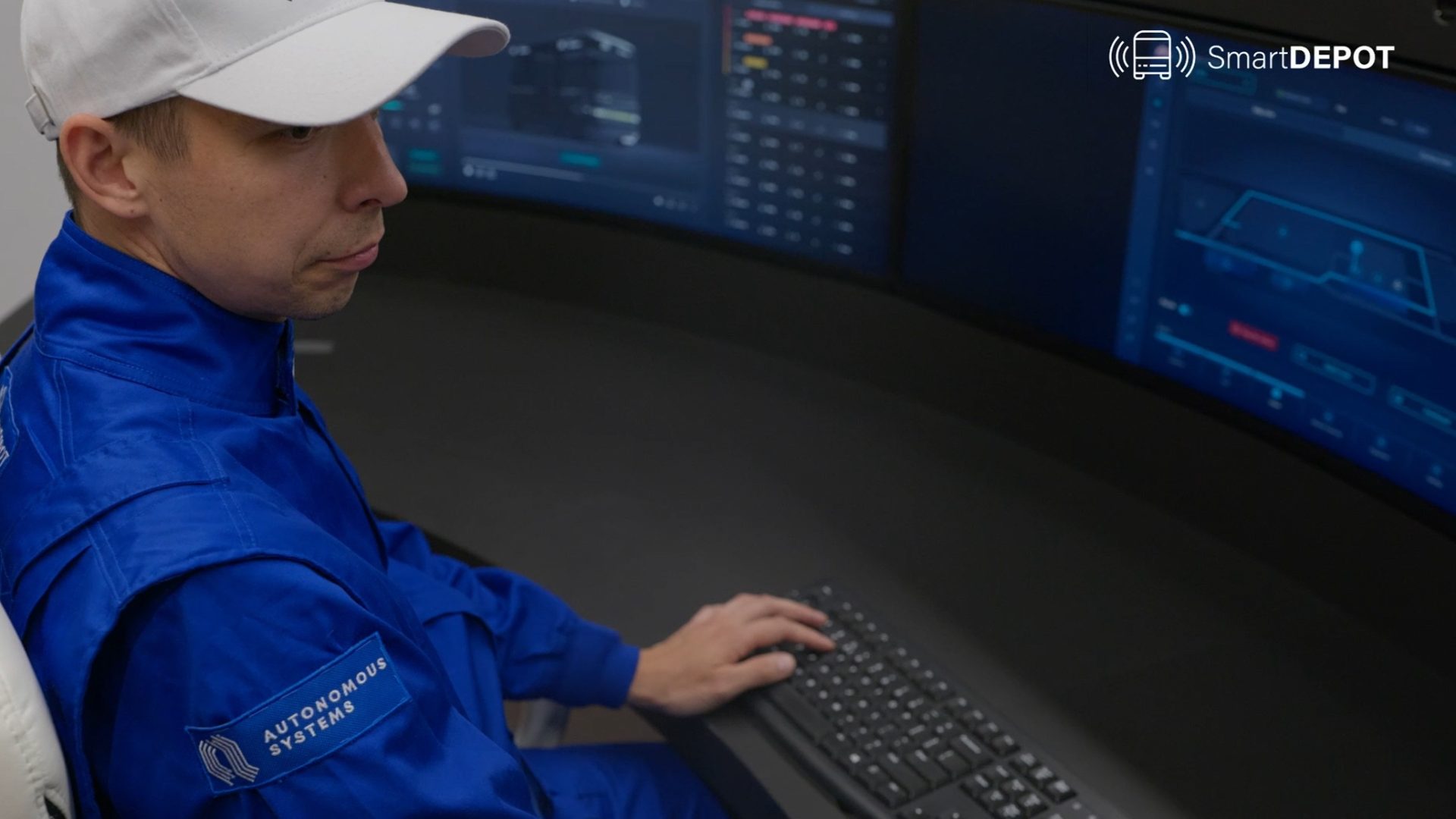

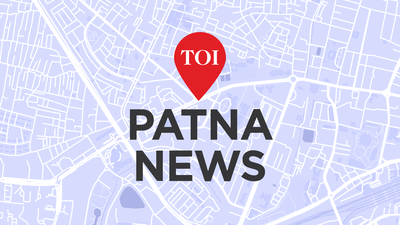





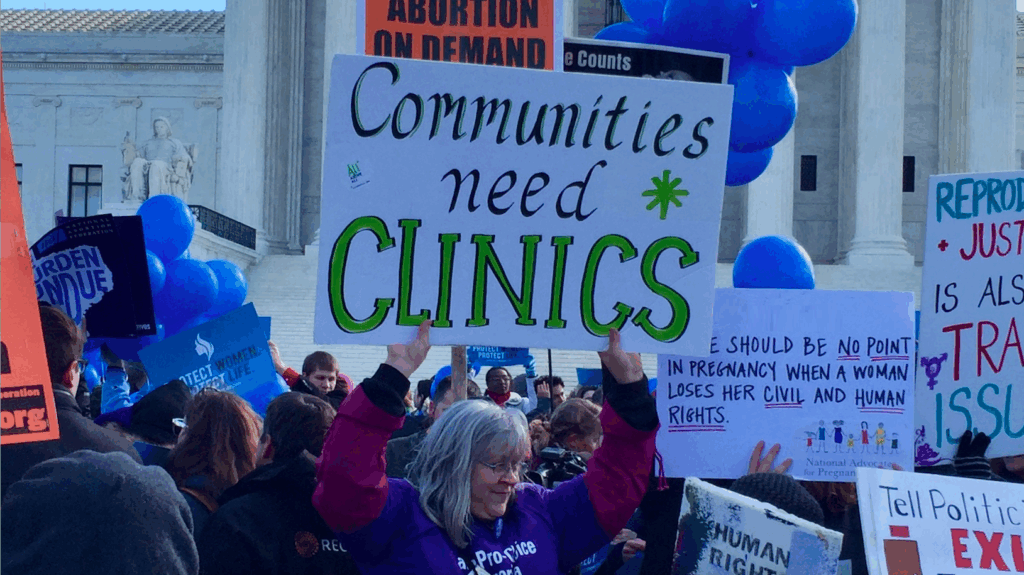

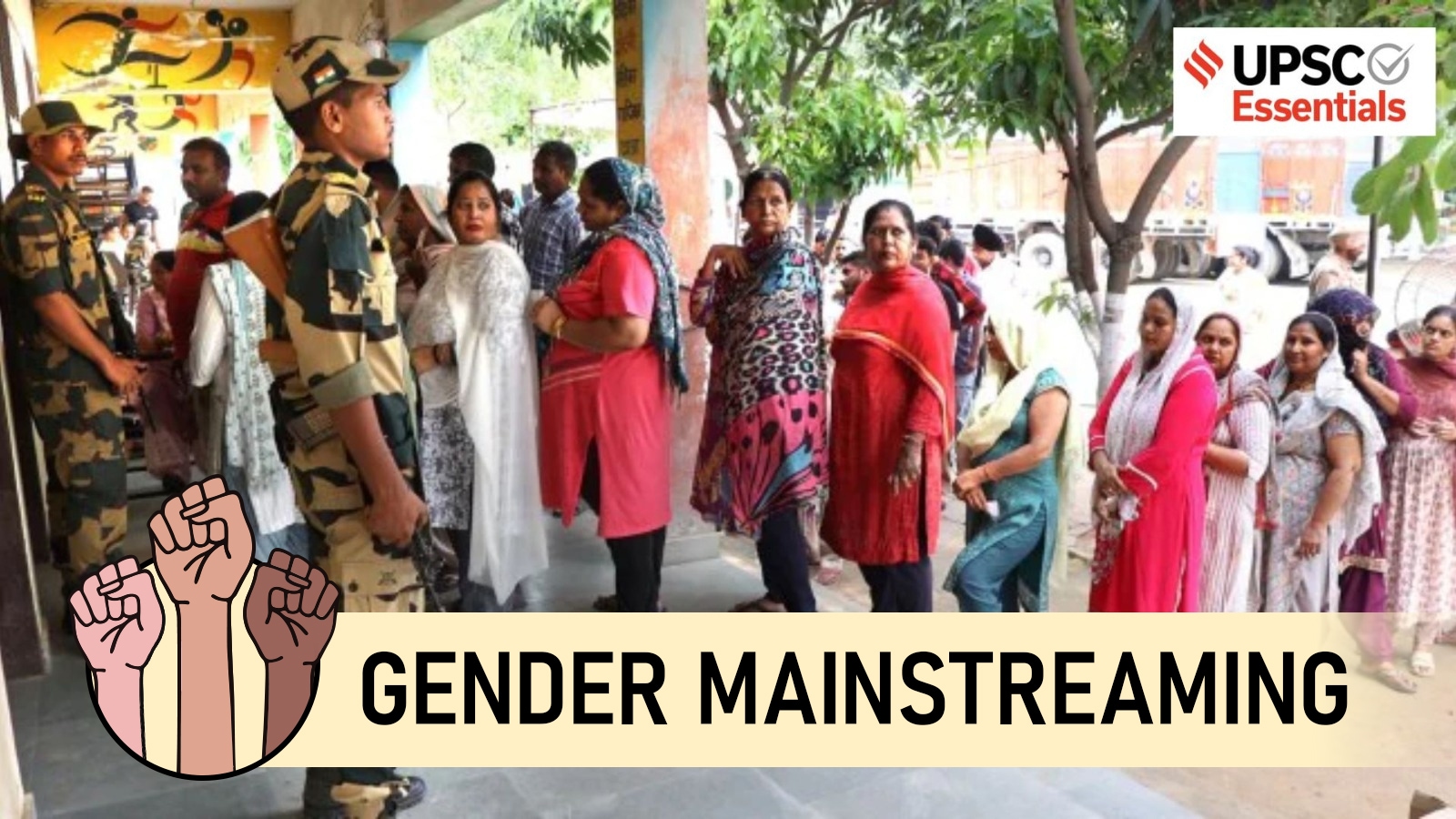
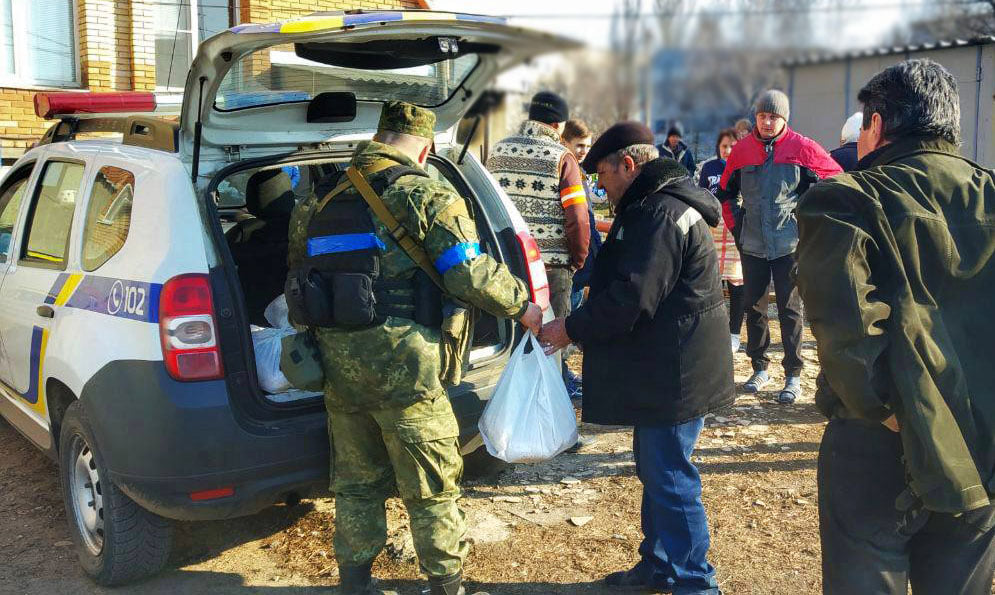

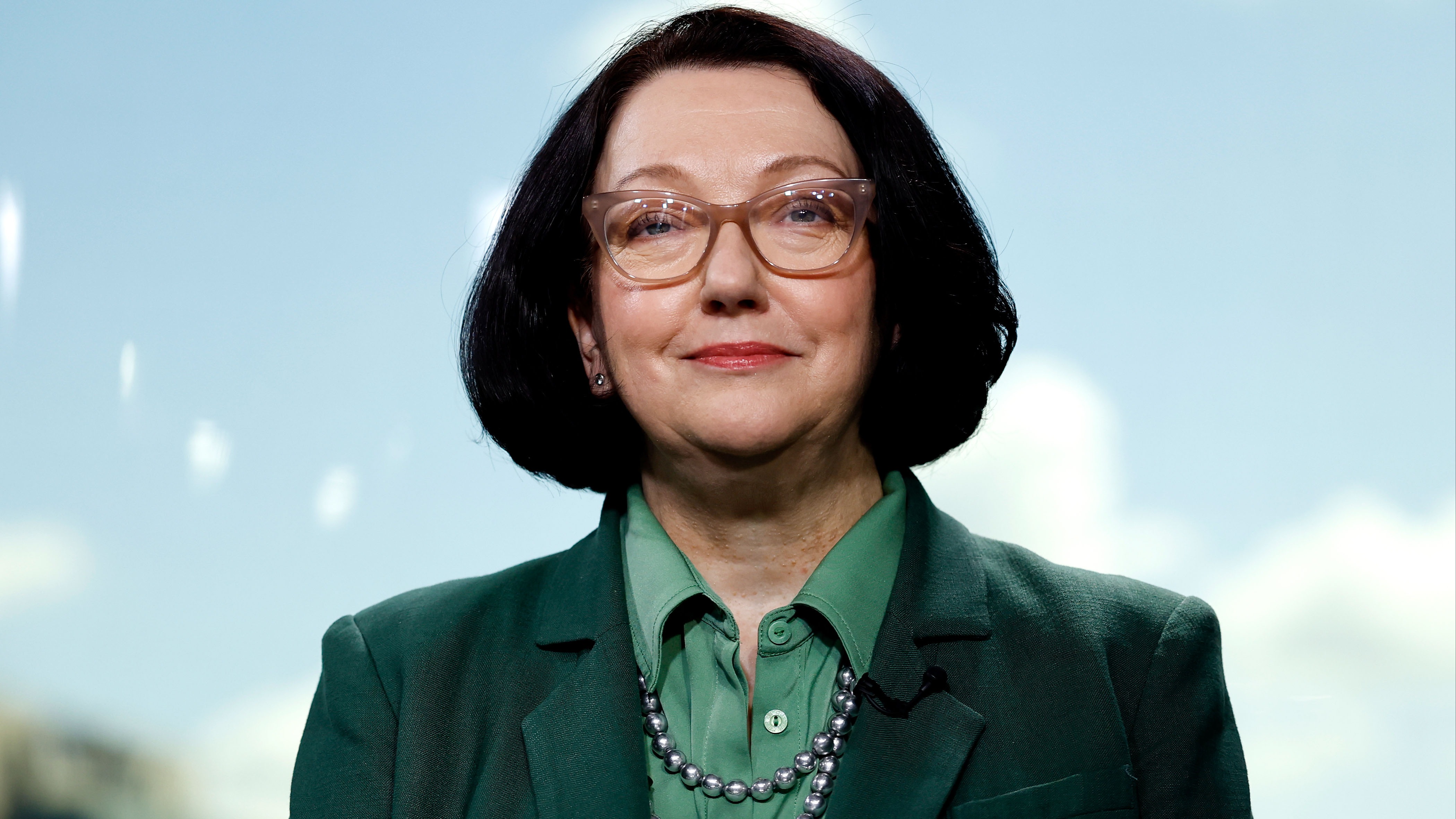

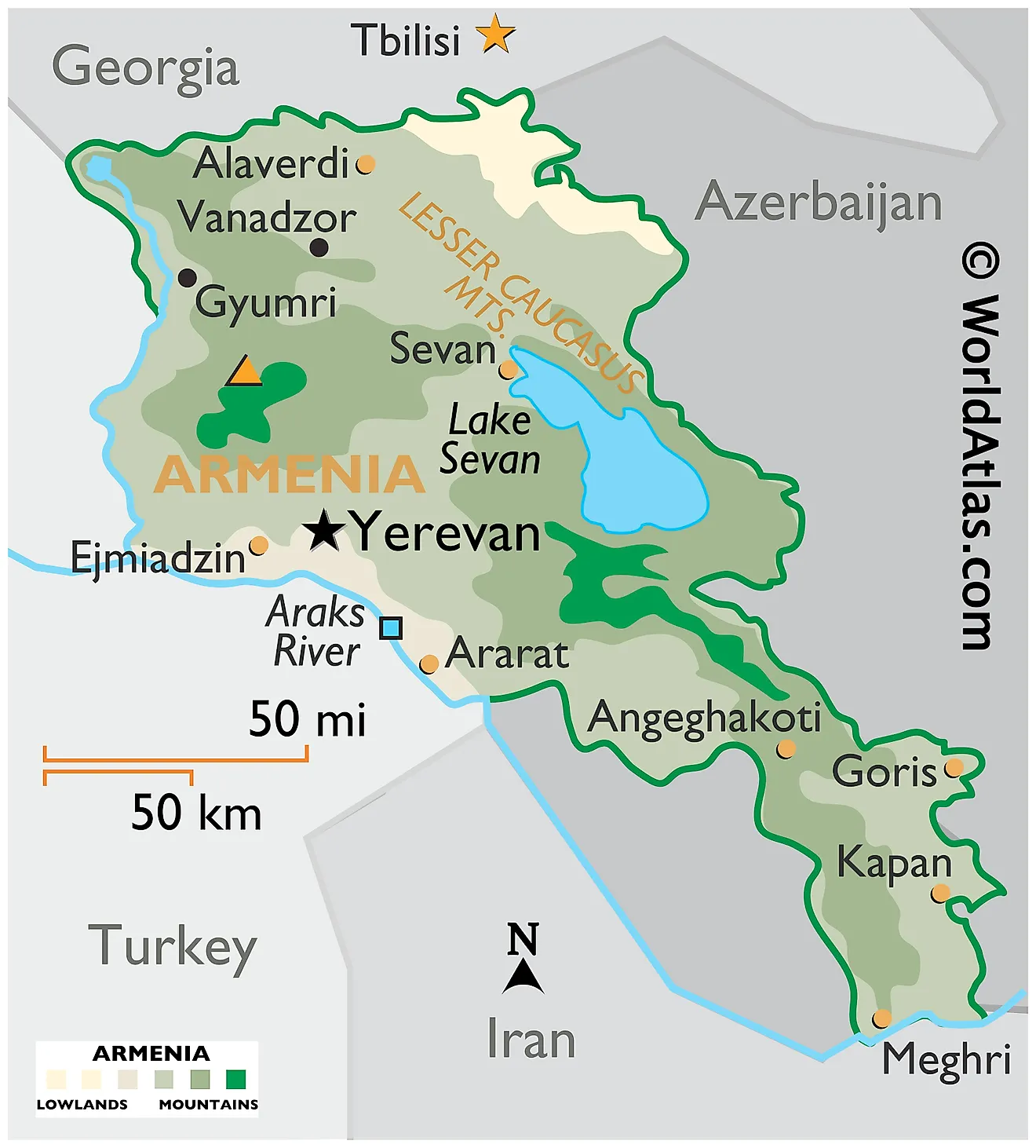

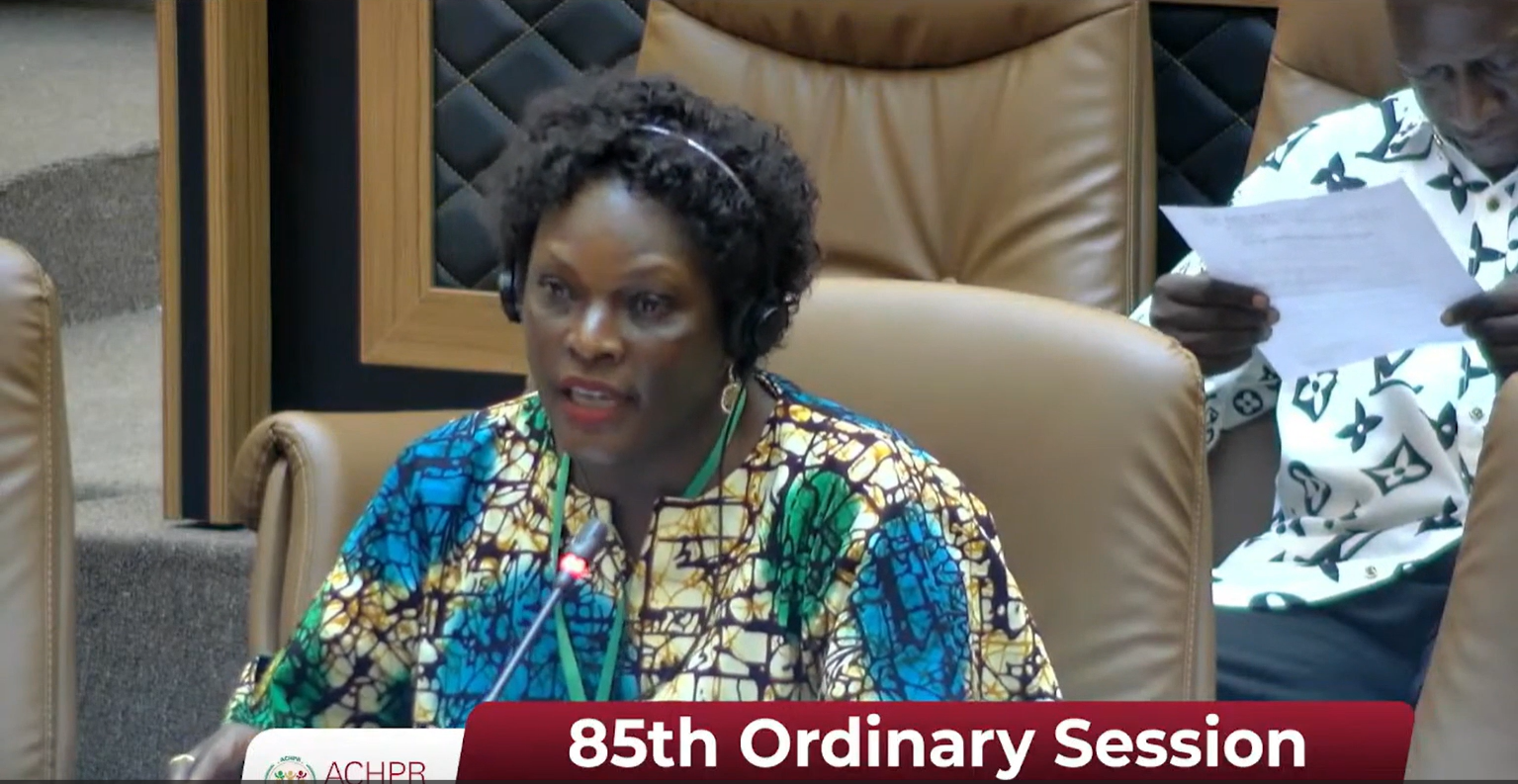





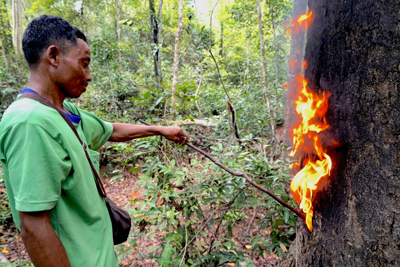
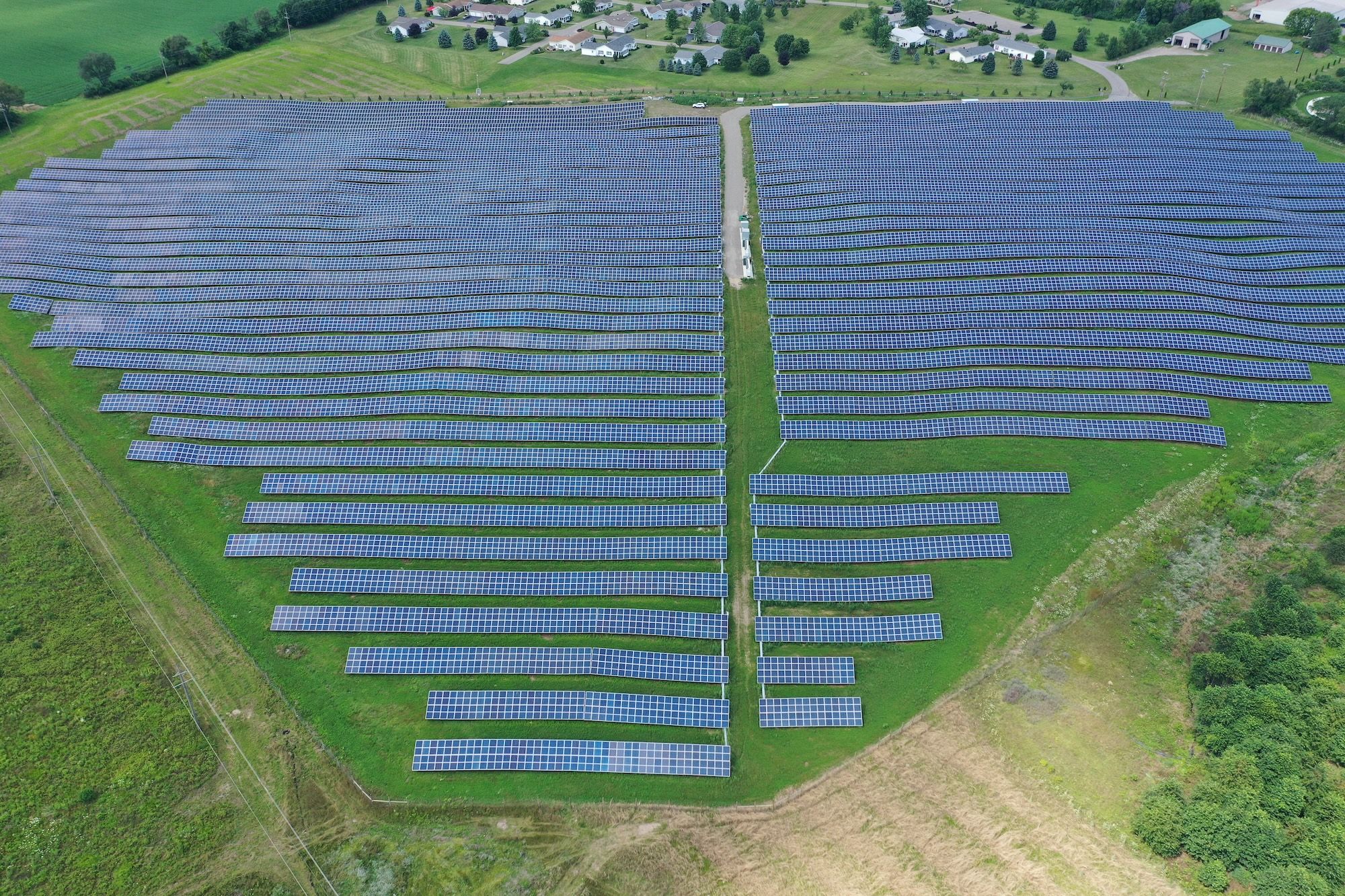







_1.png?#)

